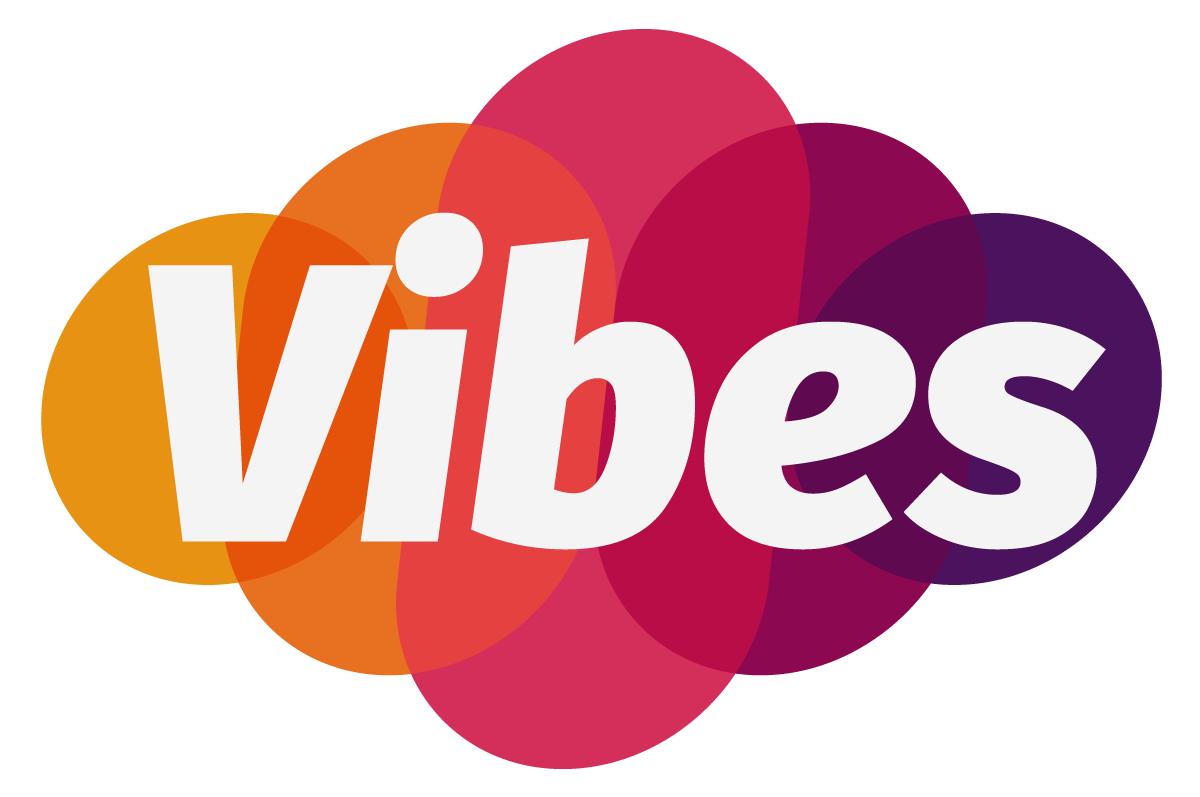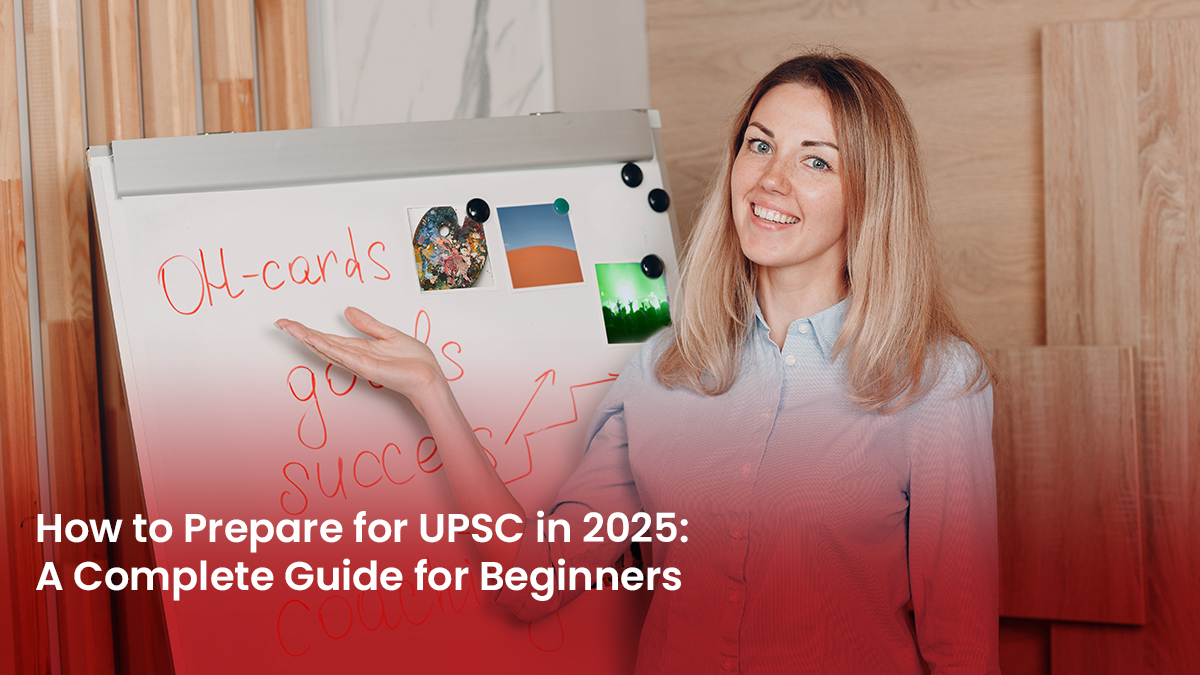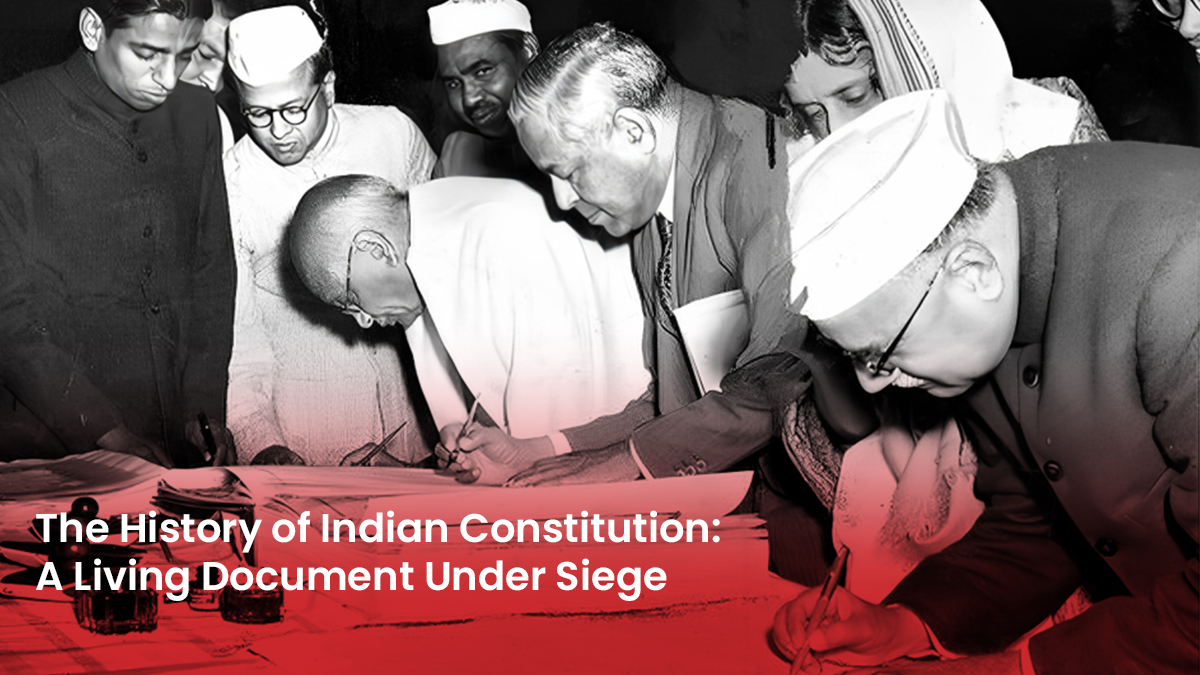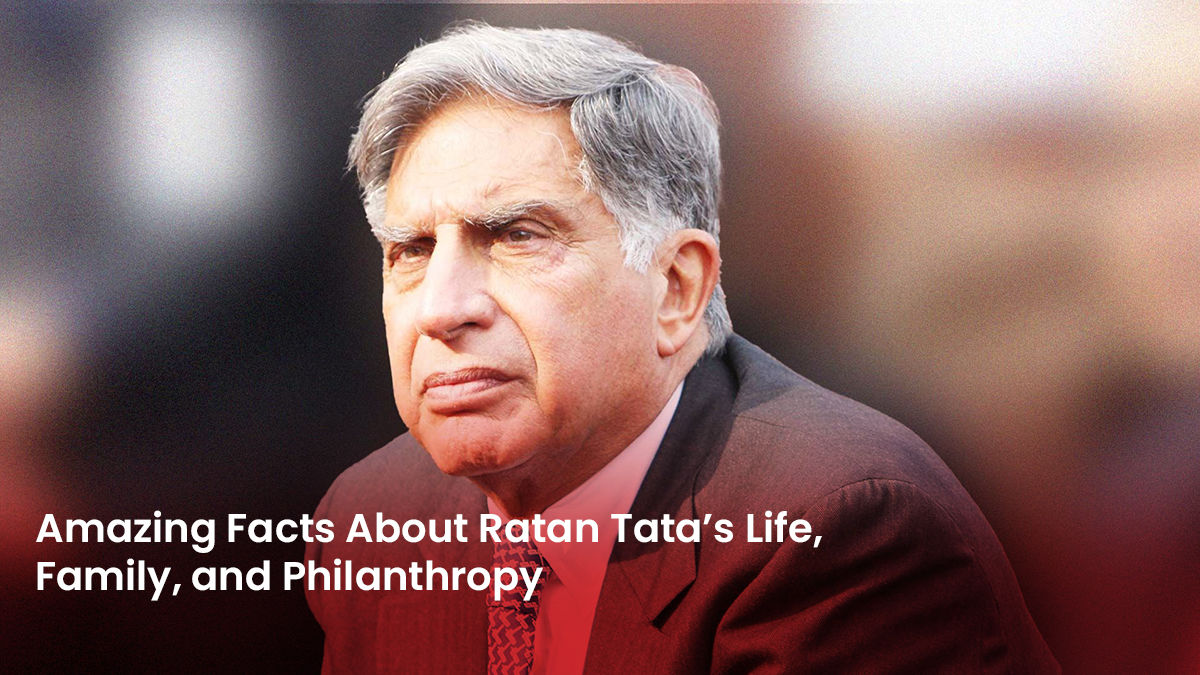The UPSC Civil Services Examination (CSE) is one of India’s toughest and most prestigious exams, opening doors to careers like IAS, IPS, and IFS. For beginners asking, “How to start UPSC preparation?” or “How to prepare for UPSC without coaching?” this guide offers a clear roadmap. Whether you’re curious about UPSC preparation books, the best YouTube channels, or how to prepare for UPSC in 6 months, we’ll cover strategies, resources, and timelines to help you succeed in 2025. From zero level to exam-ready, here’s how to tackle the journey with confidence.
Understanding the UPSC Exam
The UPSC CSE has three stages: Prelims, Mains, and Interview. Prelims tests general knowledge and aptitude, Mains dives into detailed subjects, and the Interview assesses personality. The syllabus spans history, geography, polity, economy, environment, science, and current affairs. Knowing this structure is the first step in answering, “How to start preparing for UPSC?”
For beginners, the exam’s vastness can feel overwhelming, but a structured approach makes it manageable. The question “How much time is required to prepare for UPSC?” depends on your starting point- typically, 10–12 months of focused study for freshers, though some crack it in 6 months with intense effort.
Starting UPSC Preparation from Zero Level
If you’re wondering- “How to start UPSC preparation from zero level?” begin with the basics. Here’s a step-by-step plan:
- Know the Syllabus: Download the UPSC syllabus from the official website. It’s your blueprint, covering Prelims (GS Paper I, CSAT) and Mains (GS Papers, Essay, Optional).
- Build a Foundation: Start with NCERT books (Class 6–12) for clarity on history, geography, polity, and science.
- Stay Updated: Read newspapers like The Hindu or Indian Express daily for current affairs.
- Set a Schedule: Dedicate 6–8 hours daily, balancing static subjects (polity, history) with dynamic ones (current events).
- Practice Questions: Solve previous years’ papers to understand the exam pattern.
This answers “How to start UPSC preparation” by laying a strong base, especially for those starting after 12th or later.
UPSC Preparation Strategy for Beginners
A solid preparation strategy for UPSC is crucial, especially for beginners. Here’s a tailored approach:
Step 1: Create a Study Plan
Divide your day into slots:
- Morning: Current affairs (1 hour), newspaper reading.
- Midday: Static subjects like history or polity (3 hours).
- Afternoon: Optional subject or CSAT practice (2 hours).
- Evening: Revision and answer writing (1–2 hours).
Step 2: Focus on Prelims First
For “How to prepare for UPSC Prelims,” prioritize General Studies (GS) and CSAT. GS covers history, geography, economy, and more, while CSAT tests comprehension and math. Use past papers to gauge difficulty.
Step 3: Develop Answer Writing Skills
Mains requires concise, analytical answers. Practice daily, starting with 5–10 questions, to build speed and clarity.
Step 4: Choose an Optional Subject Wisely
Pick a subject you’re comfortable with (e.g., Public Administration, Geography). Study its syllabus and past papers early.
This UPSC preparation strategy for beginners ensures balanced progress across stages.
Best Books for UPSC Preparation
Books are the backbone of UPSC prep. Here’s a curated list of the best books for UPSC preparation, answering “Which book is best for UPSC preparation?”:
| Subject | Book Title | Author/Publisher |
| History | India’s Struggle for Independence | Bipan Chandra |
| Polity | Indian Polity | M. Laxmikanth |
| Geography | Certificate Physical and Human Geography | G.C. Leong |
| Economy | Indian Economy | Ramesh Singh |
| Current Affairs | India 2025 Yearbook | Rajiv Mehrishi |
| CSAT | Analytical Reasoning | M.K. Pandey |
NCERT Books for UPSC Preparation
NCERTs are non-negotiable for beginners. Key picks:
- History: Class 6–12 (Old NCERTs for Ancient/Medieval, New for Modern).
- Geography: Class 6–12 (focus on Class 11–12 for Physical/Human Geography).
- Polity: Class 9–12 (Class 11–12 for Constitution basics).
- Science: Class 6–10 (for basics like environment, biology).
These UPSC preparation books for beginners build a strong foundation, addressing “UPSC exam preparation books” queries.
How to Prepare for UPSC in 6 Months
For those asking, “How to prepare for UPSC in 6 months?” an intensive plan is key:
- Month 1–2: Cover NCERTs, focus on polity, history, geography. Read newspapers daily.
- Month 3–4: Dive into advanced books (Laxmikanth, Ramesh Singh). Start CSAT practice. Join a test series for Prelims.
- Month 5: Revise static portions, intensify current affairs (monthly magazines like Yojana). Practice Mains answer writing.
- Month 6: Take mock tests weekly. Fine-tune optional subject and essay prep.
This plan demands 10–12 hours daily but can work for disciplined aspirants.
Preparing Without Coaching
Many wonder, “How to prepare for UPSC without coaching?” It’s entirely possible with self-discipline:
- Use Online Resources: Free lectures on YouTube and affordable test series.
- Study Groups: Join peers to discuss concepts and share notes.
- Time Management: Stick to a schedule to cover the syllabus systematically.
- Mock Tests: Simulate exam conditions to build confidence.
Self-study suits those who can stay motivated, answering “UPSC preparation for beginners” without hefty coaching fees.
Best Resources Beyond Books
Best YouTube Channels for UPSC Preparation
- StudyIQ Education: This covers GS, current affairs, and optional subjects with concise videos.
- Unacademy UPSC: Offers free lectures by toppers, ideal for Prelims and Mains.
- Mrunal Patel: Known for economy and geography, great for visual learners.
Best App for UPSC Preparation
- BYJU’S UPSC Prep: Structured courses, mock tests, and daily quizzes.
- Vision IAS: Current affairs notes and test series in one place.
- ClearIAS: Free resources, syllabus trackers, and practice questions.
These tools complement traditional study, addressing “Best YouTube channel for UPSC preparation” and app-related queries.
When to Start Preparing for UPSC?
The ideal time varies. “UPSC preparation after 12th” is possible but rare, as most start in college (age 21–23) to balance academics. For working professionals, age 25–28 is common, leveraging maturity and focus. A general rule: Begin 12–18 months before your target attempt to cover the syllabus thoroughly.
Common Challenges and Solutions
- Overwhelmed: The syllabus is vast. Break it into weekly goals.
- Motivation: Exam pressure can sap energy. Set small milestones and reward progress.
- Time Crunch: Working aspirants struggle. Use weekends and mornings efficiently.
- Retention: Forgetting facts is common. Revise weekly and use mnemonics.
Why UPSC Prep Is Worth It
The UPSC journey isn’t just about a job- it’s about serving India and gaining unmatched knowledge. Even if you don’t clear the exam, the process hones discipline, awareness, and critical thinking, skills valuable in any field. The question “How to prepare for UPSC exam?” is less about the destination and more about becoming a better version of yourself.
Conclusion
Preparing for UPSC in 2025 is a marathon, not a sprint. Whether starting from zero or aiming to crack it in 6 months, a clear strategy, the right books, and resources like NCERTs and YouTube channels can pave the way. From “How to start UPSC preparation” to picking the best app for UPSC preparation, this guide equips beginners to face the challenge head-on. With 6–8 hours daily, disciplined revision, and a focus on both Prelims and Mains, you can turn your IAS dreams into reality. The UPSC path tests patience, but the rewards- personal growth and public service- are worth every effort.

























